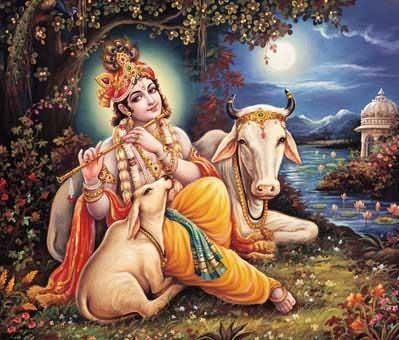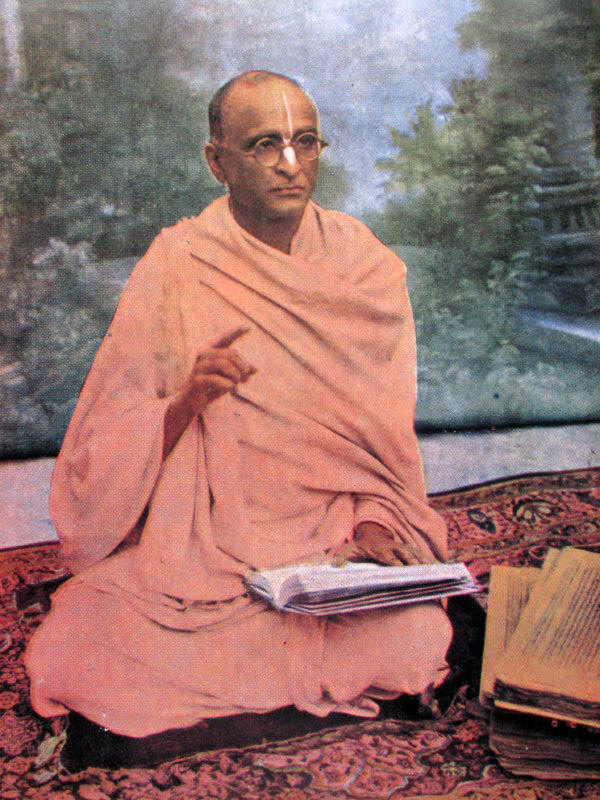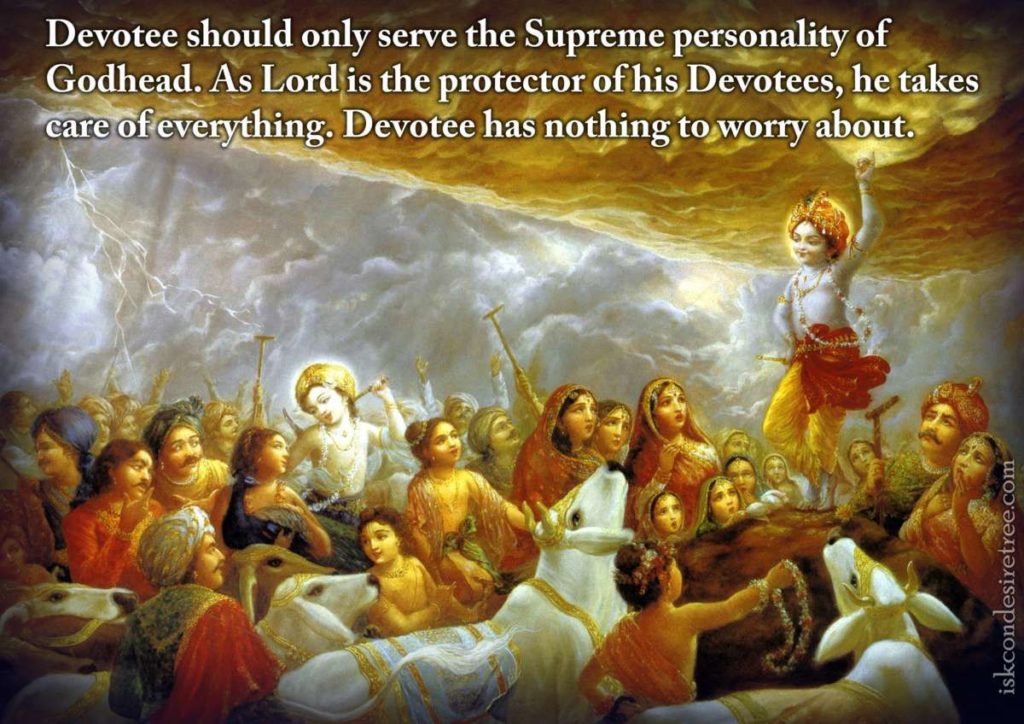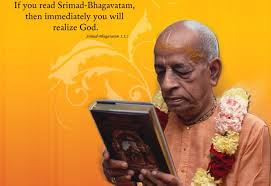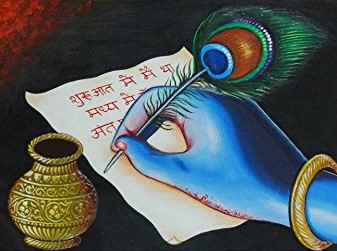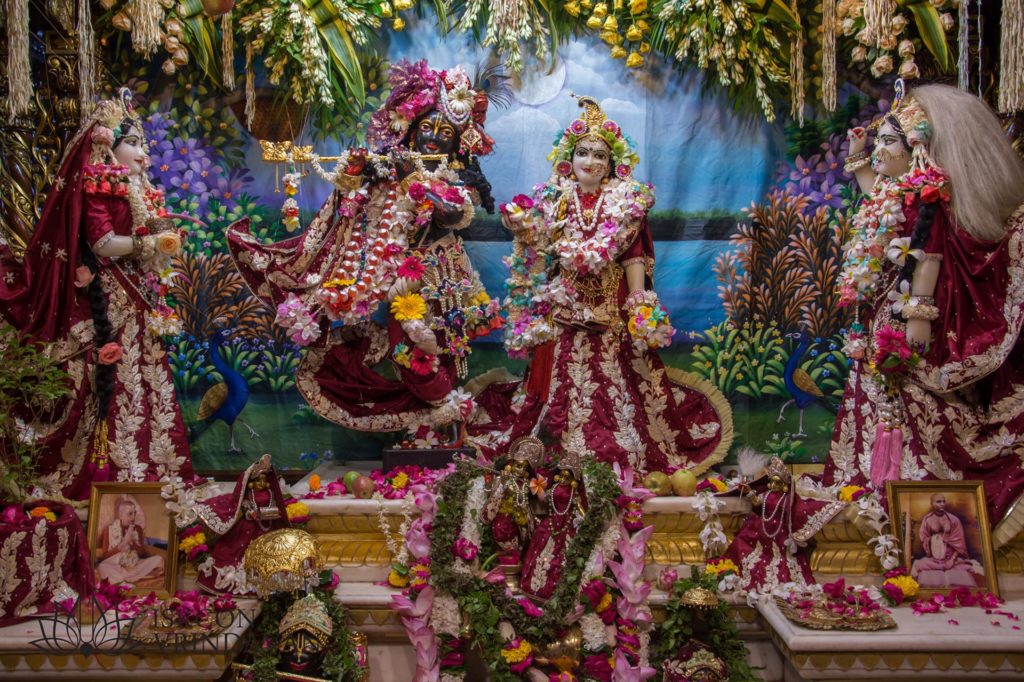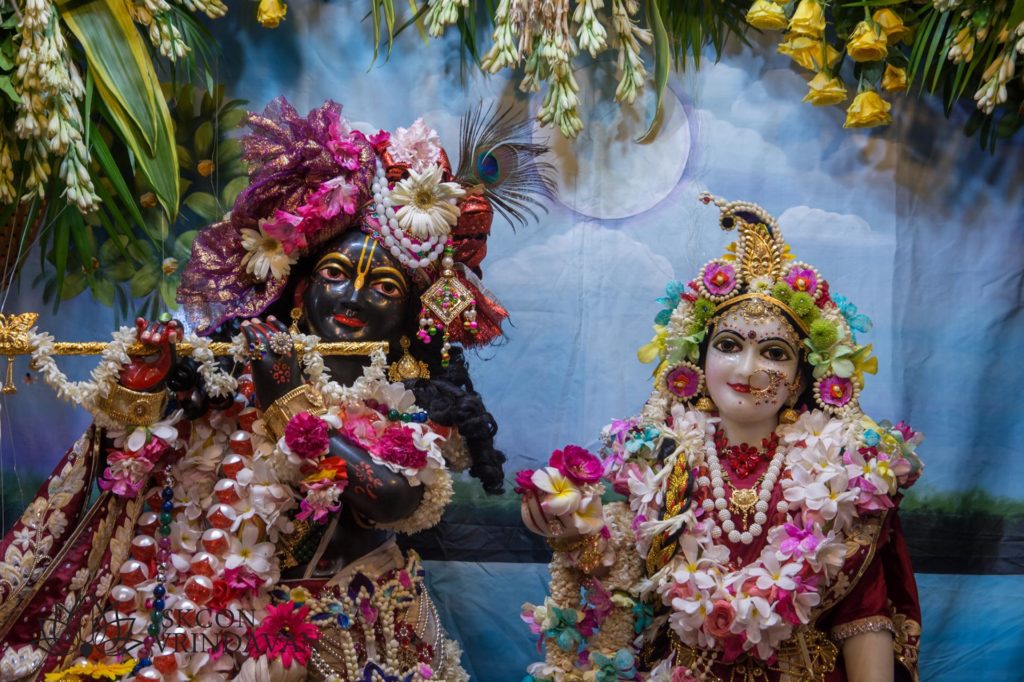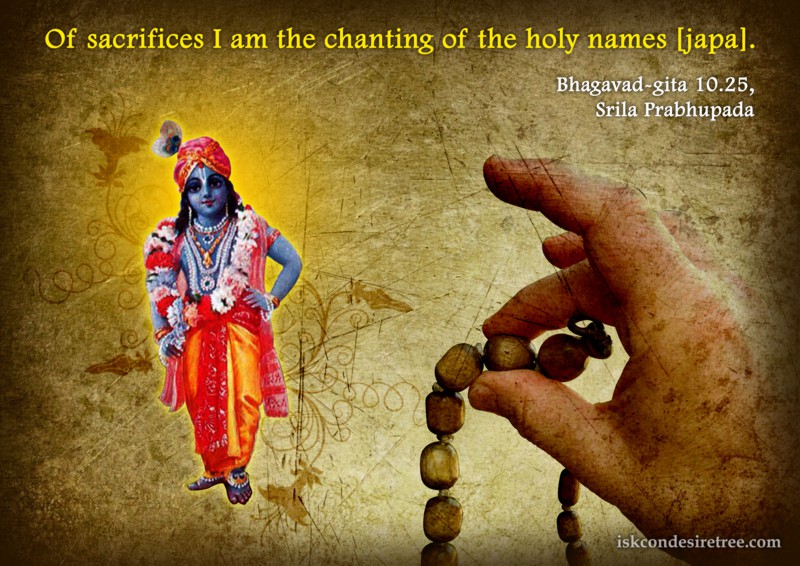
Hare Krishna and pranams dear devotees,
Let us try to learn the fundamentals of chanting of the Holy Name from Srila Prabhupada as our founder acharya explains its importance, the dos and don’ts and also the remedy if we commit offenses while chanting.
How should we do chant the Holy Name?
It is recommended that such chanting be performed very loudly. In Śrīmad-Bhāgavatam, Nārada Muni says that without shame he began traveling all over the world, chanting the holy name of the Lord. Similarly, Śrī Caitanya Mahāprabhu has advised:
tṛṇād api sunīcena taror api sahiṣṇunā
amāninā mānadena kīrtanīyaḥ sadā hariḥ
A devotee can very peacefully chant the holy name of the Lord by behaving more humbly than the grass, being tolerant like a tree and offering respects to everyone, without expecting honor from anyone else. Such qualifications make it easier to chant the holy name of the Lord.
Who can Chant the Holy Name?
The process of transcendental chanting can be easily performed by anyone. Even if one is physically unfit, classified lower than others, devoid of material qualifications or not at all elevated in terms of pious activities, the chanting of the holy name is beneficial. An aristocratic birth, an advanced education, beautiful bodily features, wealth and similar results of pious activities are all unnecessary for advancement in spiritual life, for one can very easily advance simply by chanting the holy name.
Our disqualification is our qualification
It is understood from the authoritative source of Vedic literature that especially in this age, Kali-yuga, people are generally short-living, extremely bad in their habits, and inclined to accept methods of devotional service that are not bona fide. Moreover, they are always disturbed by material conditions, and they are mostly unfortunate. Under the circumstances, the performance of other processes, such as yajña, dāna, tapaḥ and kriyā — sacrifices, charity and so on — are not at all possible.
Chanting of the Holy Name is the only way
Therefore it is recommended:
harer nāma harer nāma harer nāmaiva kevalam
kalau nāsty eva nāsty eva nāsty eva gatir anyathā
“In this age of quarrel and hypocrisy the only means of deliverance is chanting of the holy name of the Lord. There is no other way. There is no other way. There is no other way.” Simply by chanting the holy name of the Lord, one advances perfectly in spiritual life. This is the best process for success in life. In other ages, the chanting of the holy name is equally powerful, but especially in this age, Kali-yuga, it is most powerful. Kīrtanād eva kṛṣṇasya mukta-saṅgaḥ paraṁ vrajet: simply by chanting the holy name of Kṛṣṇa, one is liberated and returns home, back to Godhead.
Therefore, even if one is able to perform other processes of devotional service, one must adopt the chanting of the holy name as the principal method of advancing in spiritual life. Yajñaiḥ saṅkīrtana-prāyair yajanti hi sumedhasaḥ: those who are very sharp in their intelligence should adopt this process of chanting the holy names of the Lord. One should not, however, manufacture different types of chanting. One should adhere seriously to the chanting of the holy name as recommended in the scriptures: Hare Krishna, Hare Krishna, Krishna Krishna, Hare Hare Hare Rama, Hare Rama, Rama Rama, Hare Hare.
Easy process but remain vigilant
While chanting the holy name of the Lord, one should be careful to avoid ten offenses. From Sanat-kumāra it is understood that even if a person is a severe offender in many ways, he is freed from offensive life if he takes shelter of the Lord’s holy name. Indeed, even if a human being is no better than a two-legged animal, he will be liberated if he takes shelter of the holy name of the Lord. One should therefore be very careful not to commit offenses at the lotus feet of the Lord’s holy name.
The offenses are described as follows: (a) to blaspheme a devotee, especially a devotee engaged in broadcasting the glories of the holy name, (b) to consider the name of Lord Śiva or any other demigod to be equally as powerful as the holy name of the Supreme Personality of Godhead (no one is equal to the Supreme Personality of Godhead, nor is anyone superior to Him), (c) to disobey the instructions of the spiritual master, (d) to blaspheme the Vedic literatures and literatures compiled in pursuance of the Vedic literatures, (e) to comment that the glories of the holy name of the Lord are exaggerated, (f) to interpret the holy name in a deviant way, (g) to commit sinful activities on the strength of chanting the holy name, (h) to compare the chanting of the holy name to pious activities, (i) to instruct the glories of the holy name to a person who has no understanding of the chanting of the holy name, (j) not to awaken in transcendental attachment for the chanting of the holy name, even after hearing all these scriptural injunctions.
What if I commit offences?
There is no way to atone for any of these offenses. It is therefore recommended that an offender at the feet of the holy name continue to chant the holy name twenty-four hours a day. Constant chanting of the holy name will make one free of offenses, and then he will gradually be elevated to the transcendental platform on which he can chant the pure holy name and thus become a lover of the Supreme Personality of Godhead.
Don’t be anxious, seek forgiveness
It is recommended that even if one commits offenses, one should continue chanting the holy name. In other words, the chanting of the holy name makes one offenseless. In the book Nāma-kaumudī it is recommended that if one is an offender at the lotus feet of a Vaiṣṇava, he should submit to that Vaiṣṇava and be excused; similarly, if one is an offender in chanting the holy name, he should submit to the holy name and thus be freed from his offenses.
In this connection there is the following statement, spoken by Dakṣa to Lord Śiva: “I did not know the glories of your personality, and therefore I committed an offense at your lotus feet in the open assembly. You are so kind, however, that you did not accept my offense. Instead, when I was falling down because of accusing you, you saved me by your merciful glance. You are most great. Kindly excuse me and be satisfied with your own exalted qualities.”
One should be very humble and meek to offer one’s desires and chant prayers composed in glorification of the holy name, such as ayi mukta-kulair upāsya mānam and nivṛtta-tarṣair upagīyamānād. One should chant such prayers to become free from offenses at the lotus feet of the holy name.
I hope something touched your heart reading it as it did mine. I felt embarrassed thinking about the quality of my chanting but I also felt the encouraging hand of Srila Prabhupada guiding me gently.
The unique thing about the above post is that except for the questions, which I made up, and the introductory line, rest everything else is a word to word copy from Srila Prabhupada’s purport from the famous SB 7.5.23-24 (śravaṇaṁ kīrtanaṁ viṣṇoḥ). I did not add or change a single word.
We can appreciate how methodically Srila Prabhupada wrote these purports for us. Answer to all our spiritual questions, steps to make further advancement in our spiritual journey, yardsticks to measure our spiritual progress and remedies for our offences/ mistakes in Krishna consciousness are all there in Bhaktivedanta purports– we simply need to open the books and read them.
All glories to the most merciful Holy Name.
All glories to Srila Prabhupada.
your servant,
Giriraj dasa



